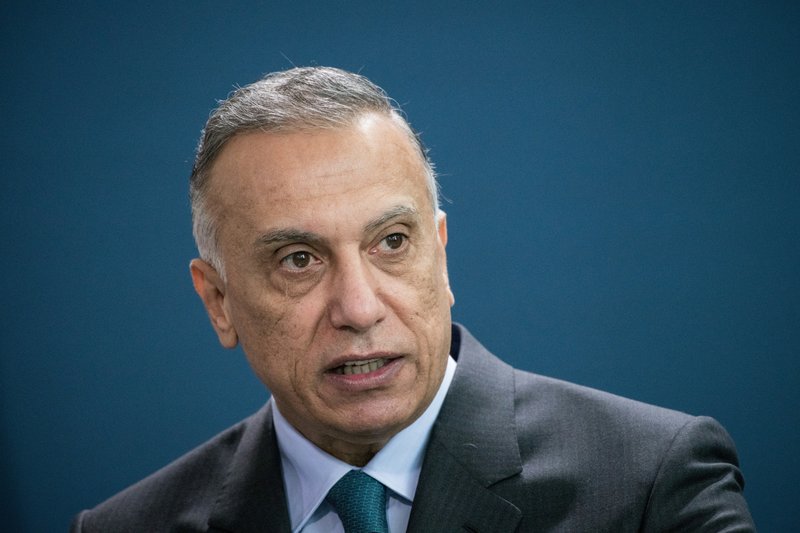"Can the public still say that Egypt’s judges fear God?” asks former head of the Judges Club Mahmoud al-Khudairi in Thursday’s issue of privately-owned Al-Shorouk. It is difficult, al-Khudairi responds, in an op-ed, to answer affirmatively.
Al-Khudairi points out the Egyptian judiciary has demonstrated scant resolve in resisting fraudulent activities since the beginning of the electoral process. Instead, they have turned a blind eye to violations and continue to unscrupulously oversee elections, despite 600 administrative justice court rulings that call for strong measures in the case of fraud, such as suspending elections.
Al-Khudairi argues in Al-Shorouk that it was clear from the beginning that the High Elections Commission was a sham, and that its president, Judge Abdul Aziz Omar, should have refused the post.
Unlike in 2005, judges’ participation in the 2010 elections is mostly void of heroism, claims al-Khudairi in Al-Shorouk. Judges fought in 2005 to make elections a true representation of people’s choices, he says. They demonstrated their worthiness of ordinary Egyptians’ respect when, in spite of police intimidation and attack, they exposed a series of election violations. Action by prominent judges, such as Noha al-Zeina, led the ruling NDP government to cancel judicial monitoring.
Al-Khudari also notes that the only exception to this year’s disappointing judicial oversight was the case of Judge Walid al-Shafei and his colleagues at a polling station in Badrasheen district. A police officer assigned to protect al-Shafei purportedly attacked him for exposing electoral fraud that included vote-rigging and restricted access to ballot boxes.
Al-Wafd, an opposition daily affiliated with the liberal Wafd Party, reports, in its Thursday's coverage, al-Shafei announced that he will not participate in upcoming elections, including Sunday’s run-offs.
Badrasheen’s chief investigator denied al-Shafei’s allegations, reports Al-Shorouk. Al-Khudairi concludes by saluting al-Shafei and his colleagues for their struggle while calling on other judges to follow suit ahead of next Sunday’s run-offs. Al-Khudairi also praises judges in the state council for ruling against electoral violations.
In related developments, Al-Shorouk reports that vice president of Ismailiya’s appeals court Judge Ayman al-Wirdani, who oversaw elections in the city of Arish during last Sunday's poll, has announced that he will not continue to oversee election run-offs. In a memorandum to the president of the High Elections Commission, al-Wirdani notes that Judge Ibrahim Amin Abdul Magid informed him of grave violations in the polling station located at Abi Sakl Elementary School.
When al-Wirdani arrived at the scene, he found that security forces had prevented a large number of voters from entering the station. Al-Wirdani discovered that polling stations had been closed since 3PM and that a number of NDP members marked ballots for NDP candidates inside the school. Al-Wirdani adds that Abdul Magid asked him to return from the station and refrain from confronting security forces, and that he was surprised by the Elections Commission’s decision to continue the counting process despite the violations.
A security source told Al-Shorouk, according to its coverage, that the decision to close polling stations constituted an attempt to protect voters’ lives following clashes between candidates’ supporters.
No Egyptians newspapers, state-run or independent, however, mention al-Wirdani’s stated decision.
Meanwhile, administrative justice courts continue to issue bold rulings. The court of administrative justice, headed by Judge Kamal Al-Lami, issued a ruling to nullify elections in five electoral districts in Cairo and 6th October governorates, reports Al-Shorouk. One of the districts is that of Heliopolis/Nasr city, known as the “president’s district.” The ruling comes in response to the failure to implement court rulings mandating Muslim Brotherhood candidate Essam al-Eryan appear on candidate lists.
In addition, the court of administrative justice issued a ruling permitting Egyptian civil society organizations to monitor the run-offs slated for next Sunday, including voting and counting processes, reports privately-owned al-Dostour. The court also ruled to halt implementation of a previous decision by the High Elections Commission that barred the Egyptian Organization for the Promotion of Social Participation from observing the 2010 elections.
Al-Ahram: Daily, state-run, largest distribution in Egypt
Al-Akhbar: Daily, state-run, second to Al-Ahram in institutional size
Al-Gomhorriya: Daily, state-run
Rose al-Youssef: Daily, state-run, close to the National Democratic Party's Policies Secretariat
Al-Dostour: Daily, privately owned
Al-Shorouk: Daily, privately owned
Al-Wafd: Daily, published by the liberal Wafd Party
Al-Arabi: Weekly, published by the Arab Nasserist party
Youm7: Weekly, privately owned
Sawt al-Umma: Weekly, privately owned




